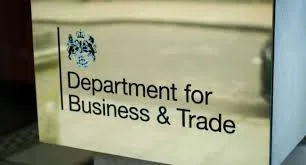
Nigeria is grappling with a deepening crisis of Naira scarcity as major banks enforce limitations on cash withdrawals and ATMs face depletion, causing widespread concern among residents.
The scarcity is particularly impacting Lagos, Abuja, Kano, Katsina, Jigawa, Adamawa, and other regions, prompting fears reminiscent of the naira swap era. Local markets, especially in the northern part of the country, are experiencing disruptions in business transactions, where cash remains the preferred mode of exchange over bank transfers.
This scarcity resurgence follows earlier reports on November 1, highlighting cash shortages in Borno and Kano states linked to the impending deadline for old N200, N500, and N1,000 banknotes. The Central Bank of Nigeria (CBN) attributed the apparent scarcity to high-volume withdrawals by deposit money banks (DMBs) and panic withdrawals from ATMs.
Despite reassurances from the CBN, checks across the nation reveal a serious shortage of naira, affecting various sectors. In markets such as Kano, Katsina, Jigawa, Adamawa, Kaduna, and Taraba, farmers struggle to sell their harvested goods as traders face difficulties obtaining sufficient cash. In Yobe State, grain merchants reportedly offer rewards for those bringing in large sums of cash.
In Lagos, a financial hub, ATMs are observed running out of cash, compelling people to resort to Point of Sale (PoS) agents, who also face challenges obtaining adequate cash from banks. This has led to increased charges by PoS operators and a surge in demand for physical currency. In Abuja, Bureau de Change operators note banks restricting large cash withdrawals, impacting businesses and causing concerns about the overall economic situation.
Despite the CBN's assurances that both old and new notes are legal tender, the scarcity persists, impacting daily transactions and prompting questions about the broader economic implications. The reasons behind this renewed shortage remain complex, with implications for various sectors, requiring a comprehensive examination of economic policies and strategies to address the crisis.
Source: Daily Trust




